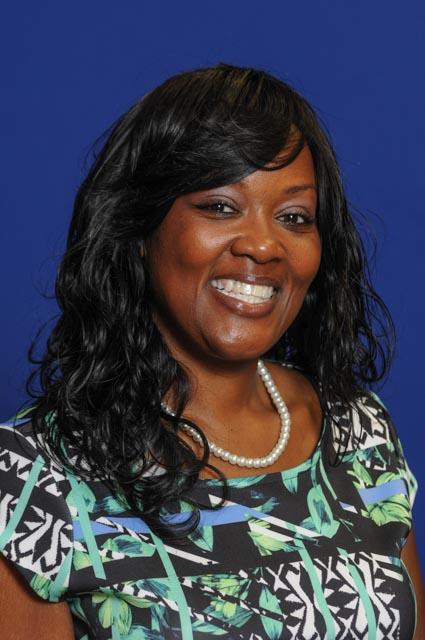In late 2007, when a sudden housing crisis created what became known as the Great Recession, it took Hampton Roads more than eight years to recover its lost economic activity.
Leaders in this region watched as nearby centers like Charlotte and Richmond recovered more quickly, and boomed, comparatively.
This time, with a possible end to the COVID-19 pandemic in sight, community, business and political leaders are determined not to let the region's recovery languish in the starting blocks.
Old Dominion University is a partner in the 757 Recovery & Resilience Action Framework, a multi-pronged initiative that seeks to grow industry, invest in a regional marketing campaign, build community resiliency and - most importantly - strive to see the entire community share the region's gains.
"This region lagged behind the rest of the country in economic growth before the pandemic, and the pandemic hit us hard because of our reliance on the hospitality industry," said Jeff Tanner, dean of ODU's Strome College of Business. In addition, Tanner said, the pandemic's impact hit parts of the community, such as Black-owned businesses, disproportionately hard.
The Action Framework was created to help build a more inclusive, resilient economy following the economic shock of COVID-19 to better prepare the region for future crises. This represents the first time such a broad coalition of community partners have integrated new initiatives and existing assets into a clear game plan. It includes five strategic areas - building regional unity, growing new jobs, retaining and attracting talent, growing resiliency and advancing regional infrastructure.
The initiative is led by the Hampton Roads Alliance. President and CEO Doug Smith told a media audience in March that the plan "takes a reimagined approach to economic development and economic recovery in this new world." Other community partners include the region's chambers of commerce, Reinvent Hampton Roads, the Hampton Roads Planning District Commission and the CIVIC Leadership Institute.
The initiative is a sort of playbook for the region as it seeks to recover from COVID-19. Each of the strategic imperatives of the framework is led by a local organization responsible for implementation and results, which will be compiled on a publicly accessible dashboard meant to assess progress toward its goals.
ODU has been an early leader in creating and bringing to life the Action Framework, pledging $60,000 for faculty and student support for completing work on the initiatives. Ten ODU students have served as interns and eight faculty members have provided subject-matter expertise for its committees.
Of the 18 videos produced for the 757 Recovery series, four were by Old Dominion experts. Faculty have also offered webinars for other team members working on Action Framework goals.
"Our work does not stop," Tanner said. "We are currently researching how companies pivoted during the pandemic to create a workshop series that will strengthen organizational resilience and track key performance indicators now that the Framework has been rolled out."
The Strome College of Business will deliver strategic business resiliency and training resources to the broader community by Oct. 1.
"We have a responsibility to contribute to the economic opportunities in our community. Many of our students want to live and work here after they graduate - we need to participate in making sure there are enough jobs and careers here," Tanner said.
Nancy Grden, associate vice president of Old Dominion University's Institute for Innovation & Entrepreneurship and who served as co-chair for one of the initiatives, is struck by how the Framework is a truly collaborative effort "and has activated all of us to appreciate the assets we have as a region, and to build upon them for our future growth."
She said key points of emphasis for the region are to provide a leadership pipeline of young talent and for the region to tell its own unique story. She said these points are particularly important for the region's next generation of leaders, including students at Old Dominion University.
For more information, see the Recovery & Resilience Action Framework WEBSITE.






